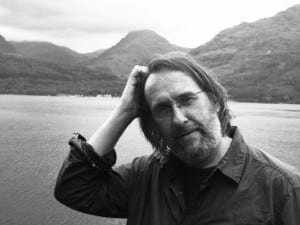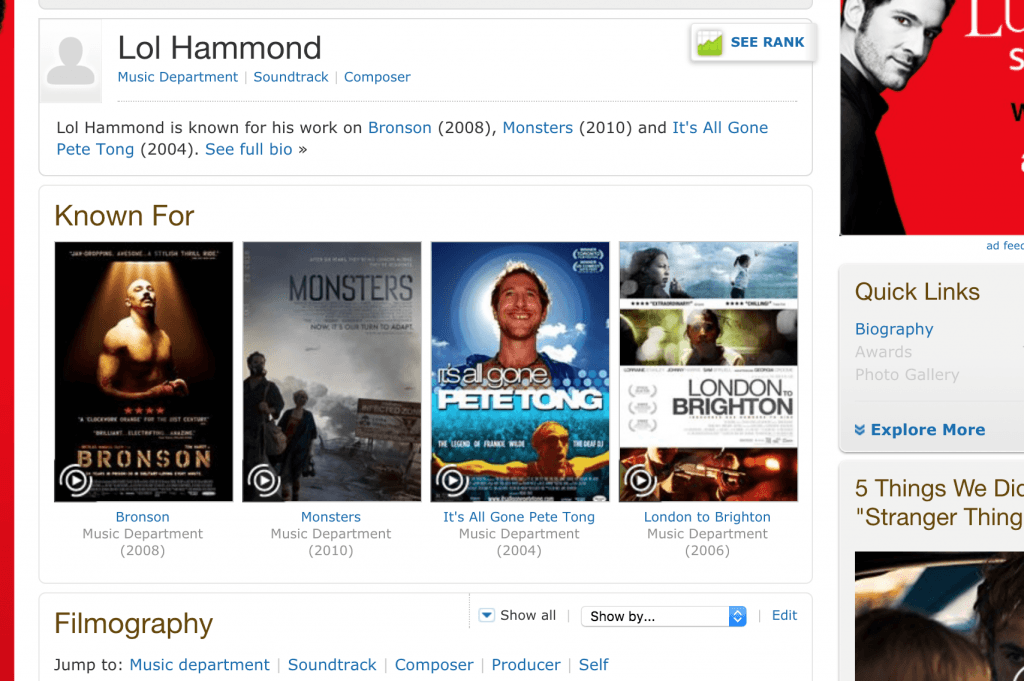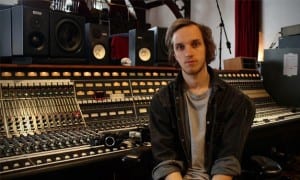Today’s lecture was from the sound artist Jez Riley French. He is regularly commissioned for work by exhibitions, performances and instillation’s alongside running workshops and lectures.His work has been displayed at the likes of the Tate Modern (UK), The Whitworth (UK), MoT – Museum of Contemporary Art Tokyo (Japan), Artisphere (USA), Harpa (Iceland), Mengi (Iceland), The Wired Lab (Australia), Mullae Art Space (Korea).
Jez’s website: https://jezrileyfrench.co.uk/

Jez spoke in depth about contact microphones and how to go about using them and the potential sounds that they can unleash, for example putting them outside of buildings to capture the sound of what is going on inside and utilising hydrofoil contact microphones to put in water to capture the sound of the inside of a lake or body of water. He also talked in depth about how duration is a key fact to consider in the world of sound and that you should not rush a recording as you should be patient in getting an exciting sound and not have a preconception of what you are going to hear. Furthermore he stressed that you should be listening to things for over 15 minutes to allow you to get your ears to conceptualise what is going on and fully take in the sound due to our ears being so used to listening to heavily compressed sound that alter the way we hear things due to the smaller frequency ranges. Another element of importance for him was that we should always use the entirety of the space that we are in, for example experimenting with mic placement in the studio rather than saying that it’ll do with what we have currently. Related to this is the element of exploration which he stressed heavily and said that you should always explore new things, for example listening to experimental work that will in turn influence you’re other work, so in this case we should listen to experimental radio.


